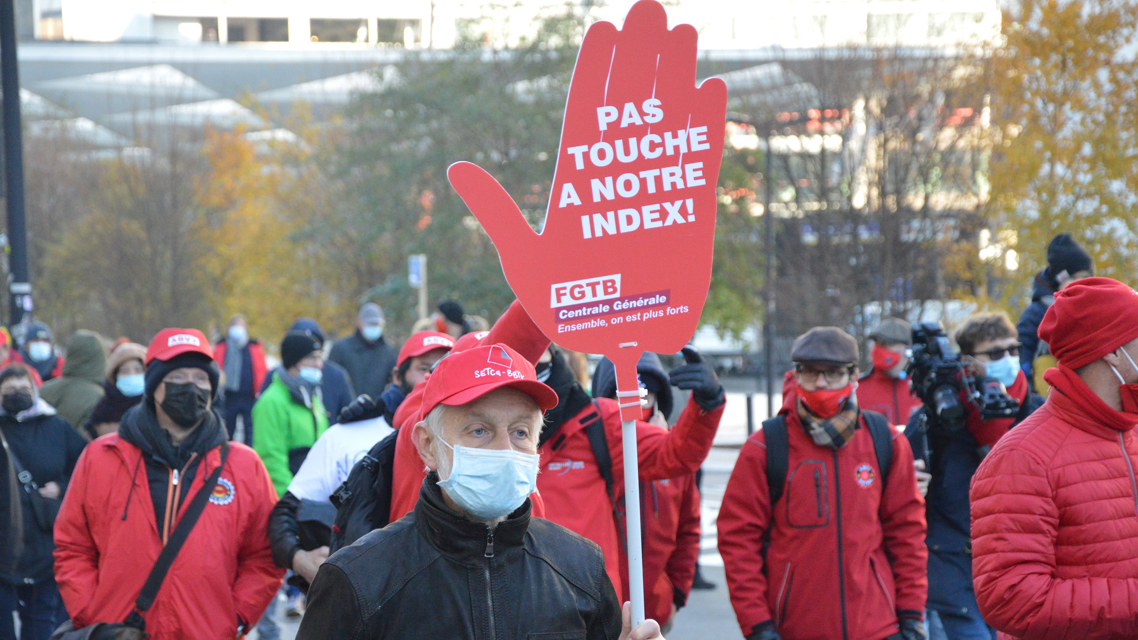Across the continent, trade unions are battling to get compensation for soaring energy bills and rising living costs. Automatic wage indexation would appear to be an obvious solution, but in the two countries with automatic wage indexation - Belgium and Luxembourg - these systems are under attack.
In Belgium, trade unions are fighting to maintain their automatic wage indexation against attacks from employers and right-wing parties. Wages are adjusted for increases of a national health index, which is an adapted version of the consumer price index. Most price increases are compensated, however commodities such as tobacco, alcohol and fuel are not. It is this mechanism that the employers want to freeze.
In Belgium, as everywhere else in Europe, workers and their trade unions are fighting to get compensation for soaring energy bills and mounting living costs. Unions are demanding pay rise, price control and public support to uphold their members’ purchasing power.
Companies first increase their prices, dividends and profit margins and next they argue against wage compensation for their workers. Thus, they impose a double penalty on workers and their households.
High energy costs are the main reason why inflation is huge today and consumers are footing the bill. Workers must already cut back on their spending, which has ramifications for demand and employment in the economy. Even with relatively high nominal wage increases, workers are losing purchasing power due to the highest inflation since the 1980s.
The three Belgian confederations have staged several manifestations this autumn, both to demand compensation for soaring living costs, particularly energy, and to defend their indexation. The root of the problems needs to be tackled. They demand that the government:
- Uphold automatic indexation of wages, bonuses and benefits
- Better regulate and control the energy market to ensure supply at affordable prices
- Decouple the price of gas from that of electricity and introduce a price ceiling for energy
- Ensure energy transition and massively renovate buildings
- Prevent excessive profit margins
- Ensure fair taxation
- Commit to the transition of the economy
In Luxembourg, unions have recently managed to reverse a decision by the Parliament to cancel the automatic wage indexation in 2022 and 2023. This reversal was the result of fierce opposition from the trade union confederation OGBL.
.jpeg?width=1200&height=640&rmode=max&format=jpg&quality=100)
